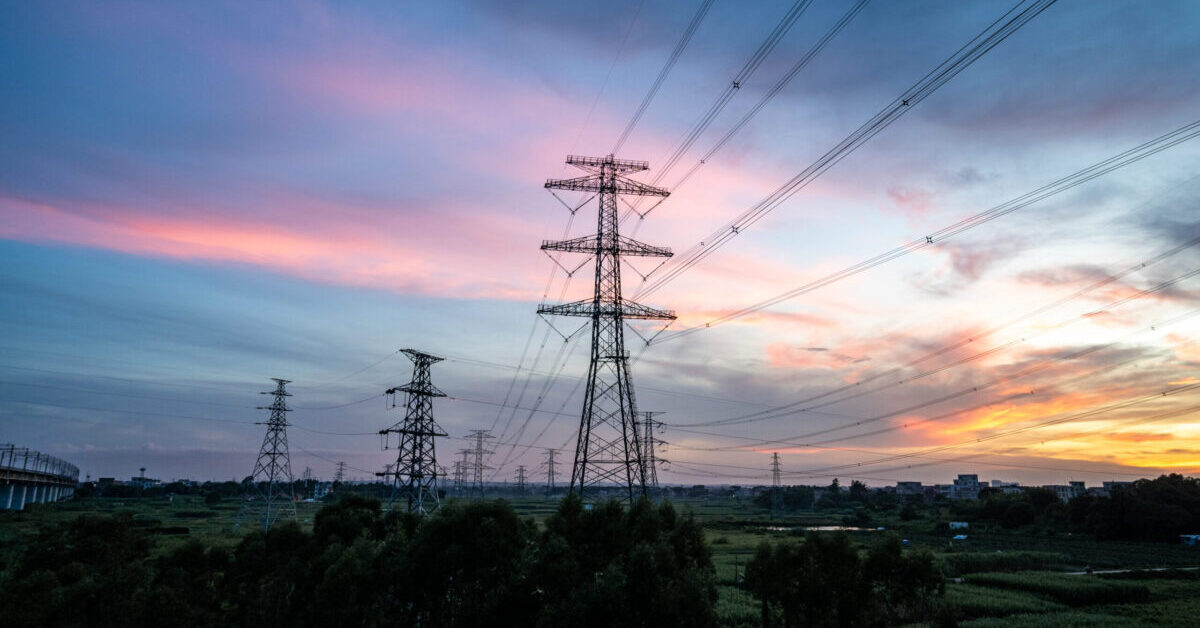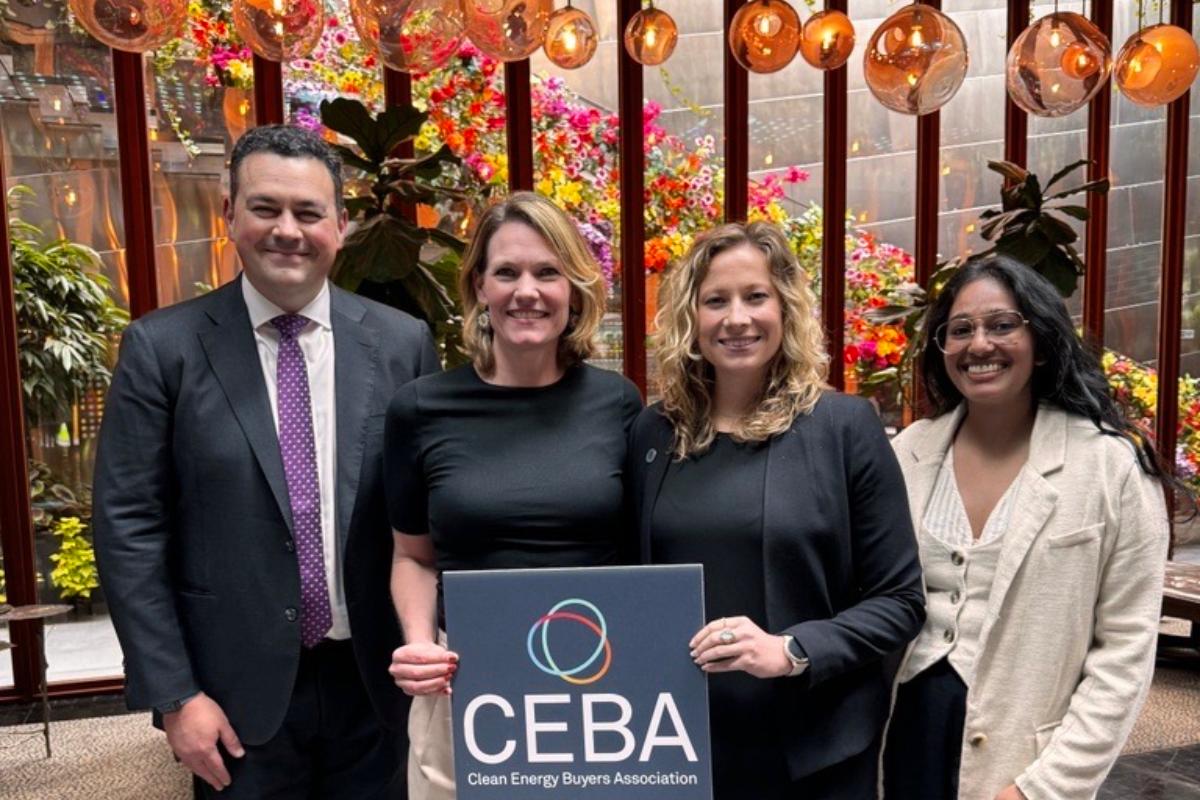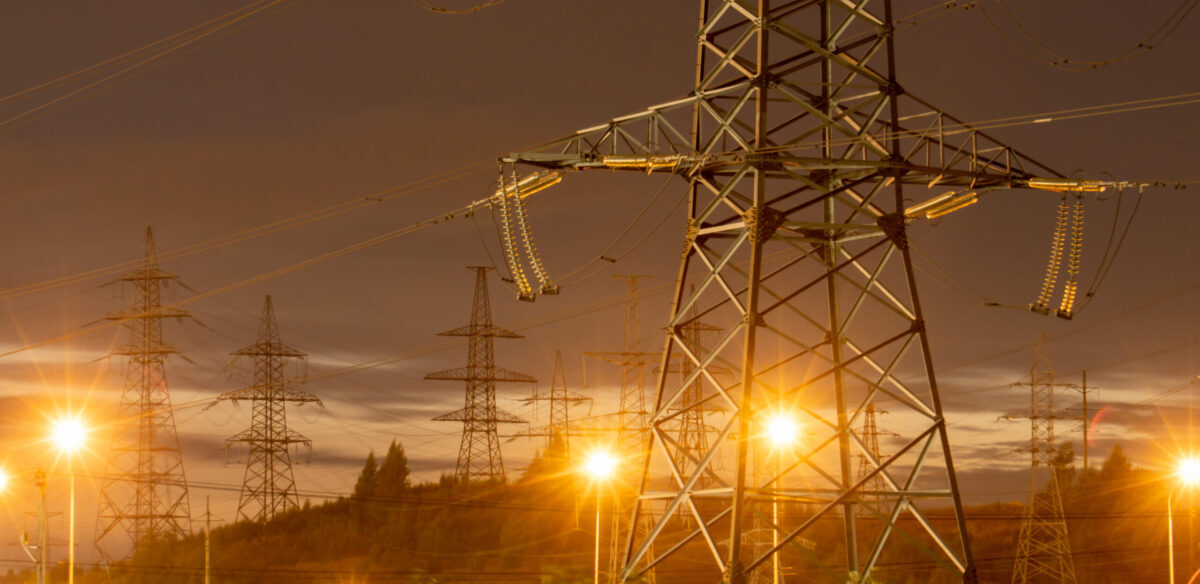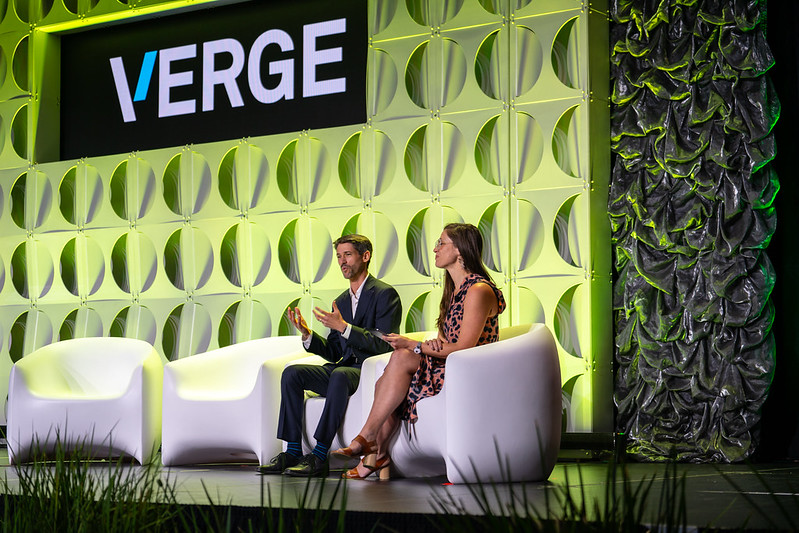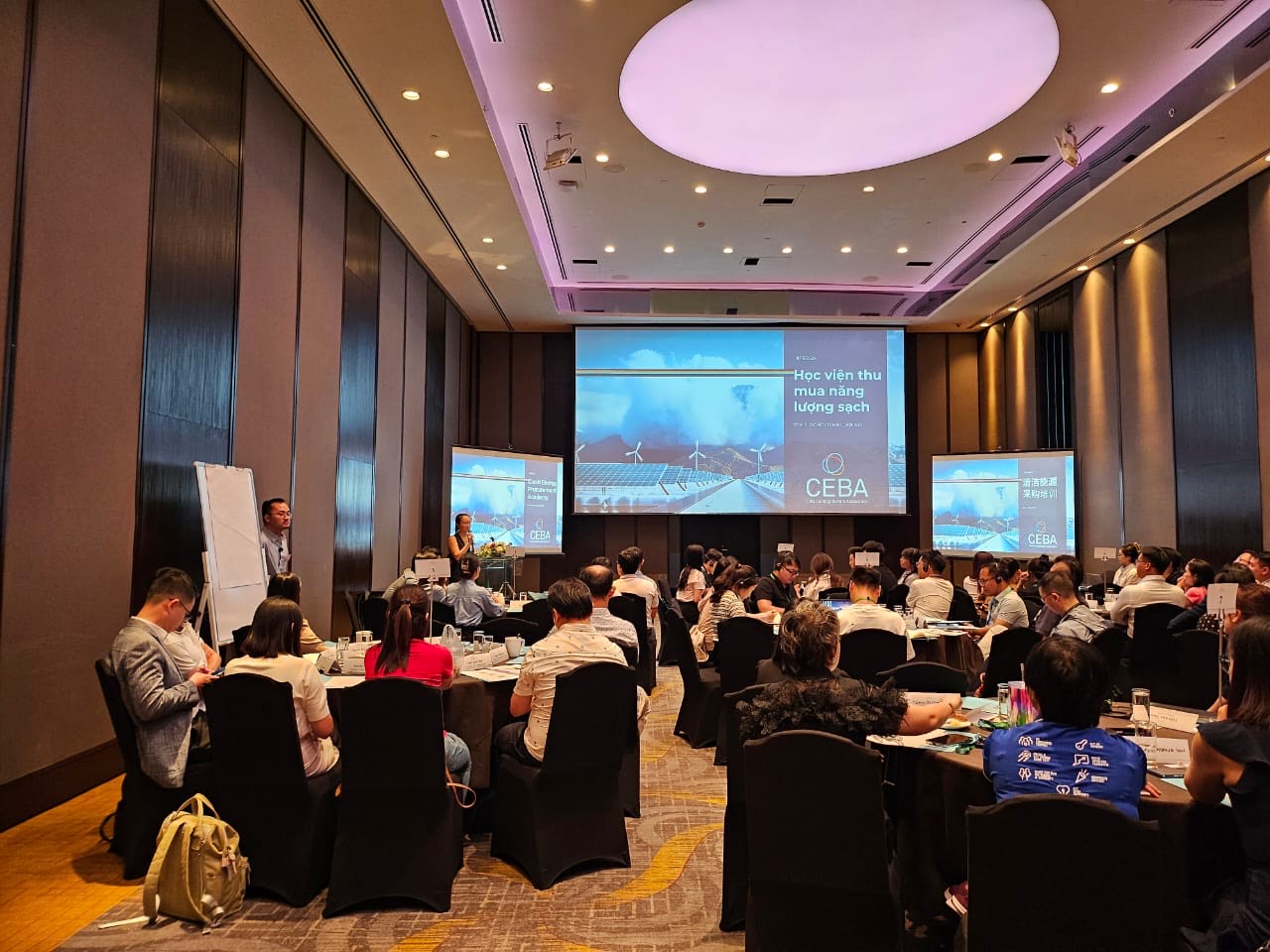Clean Energy Procurement Academy Expands Size and Scope to Decarbonize Supply Chains
With Three New Companies Joining Efforts, Academy Continues to Expand Across Asia-Pacific Region
and Train Supply Chain Companies
The Clean Energy Buyers Association (CEBA) this year welcomed Google, Target, and Lululemon to CEBA’s Clean Energy Procurement Academy Steering Committee, working alongside Apple, Nike, Amazon, Meta, PepsiCo, and REI Co-op to plan and execute the Academy’s next steps.
The Academy was founded in 2023 to help equip companies with the technical readiness to explore and adopt clean energy, which is essential to global decarbonization. A year after its launch, the Academy continues to scale its impact and global reach.
Over the course of 2024, the initiative completed trainings for supply-chain manufacturing companies in China and Vietnam, welcomed the three new member companies to its steering committee, and developed the Digital Academy training platform, set to launch in 2025 with the goal of scaling clean energy procurement training across additional countries.
“The Academy has demonstrated the importance of leveraging our size and scale to help break down barriers to clean energy adoption around the world,” said Eric Gibbs, CEBA’s senior vice president of global programs. “CEBA’s role in facilitating collaborative efforts between corporations and suppliers to address Scope 3 emissions and decarbonize global supply chains has been an incredible example of how businesses can accelerate the energy transition at a global scale.”
Google, Target, and Lululemon joined the Academy in 2024 as members of the Academy Steering Committee, working alongside Apple, Nike, Amazon, Meta, PepsiCo, and REI to plan and execute next steps for the Academy. In recent months, the Academy completed a second round of trainings in China’s Guangdong and Jiangsu provinces as well as inaugural trainings in Vietnam. In 2025, the Academy plans to introduce trainings in two additional countries, both located in the Asia-Pacific region.
“As part of the roadmap toward our Scope 3 science-based target, we are working to accelerate renewable electricity in our supply chain,” said Leann Speta, director of responsible supply chain environment at Lululemon. “We are excited be partnering with the Academy on education and training opportunities that support the development of supplier capabilities needed to reduce carbon emissions at scale.”
Given the urgency to decarbonize supply chains around the globe, CEBA has spent the past year collaborating with partners to develop an online platform to expand access to clean energy procurement training. The Digital Academy, set to launch in 2025, will support organizations around the world in transitioning to clean energy sources at scale.
“We are thrilled with the collaboration that the Academy has facilitated among the sponsors and their supply chain partners,” said Dani Ton, Google’s director of supply chain environmental and social responsibility. “Google recognizes the importance of driving impact and is excited to have partnered with CEBA to deliver training opportunities with a global reach. The 2025 launch of CEBA’s Digital Academy will be a significant step in driving supply chain and industry decarbonization.”
Designed to speed the integration of clean energy into global supply chains, the Academy blends in-person and online training, along with comprehensive educational resources, to:
- • Boost supply chain companies’ capacity to invest in clean energy through education and data accessibility,
- • Foster synergy among different industries tackling shared challenges in supply chain climate action,
- • Encourage supply chain companies to escalate their clean energy goals and commitments, and
- • Establish new clean energy buying communities in pivotal manufacturing regions.
- • Establish new clean energy buying communities in pivotal manufacturing regions.
- • Encourage supply chain companies to escalate their clean energy goals and commitments, and
- • Foster synergy among different industries tackling shared challenges in supply chain climate action,
Apple, Amazon, Meta, Nike, PepsiCo, and REI helped launch the Clean Energy Procurement Academy to build clean energy capacity of select supply chain partners in energy markets that contribute material volumes of greenhouse gas emissions. The founding organizations pooled their expertise and internal training resources to design a shared training curriculum and delivery process that enable trainees to rapidly gain knowledge as clean energy customers.

